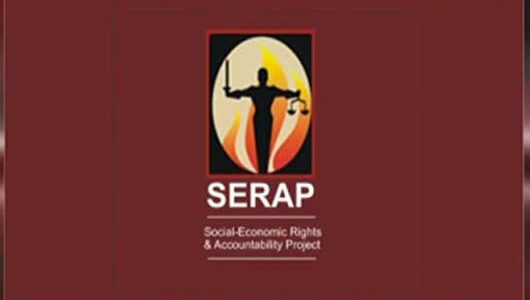
The Federal High Court sitting in Abuja, in a landmark judgment, has ordered the disclosure of the spending details of about USD$5 billion Abacha loot by the governments of former presidents Olusegun Obasanjo, Umaru Musa Yar’Adua, Goodluck Jonathan and Muhammadu Buhari.”
The court ordered the government of President Bola Tinubu to “disclose the exact amount of money stolen by General Sani Abacha from Nigeria, and the total amount of Abacha loot recovered and all agreements signed on same by the governments of former presidents Obasanjo, Yar’Adua, Jonathan and Buhari.”

The judgment was delivered last week by Justice James Kolawole Omotosho following a Freedom of Information suit number: FHC/ABJ/CS/407/2020, brought by the Socio-Economic Rights and Accountability Project (SERAP).
In his judgment, Justice Omotosho held that, “In the final analysis, the application by SERAP is meritorious and the Federal Government through the Ministry of Finance is hereby ordered to furnish SERAP with the full spending details of about $5bn Abacha loot within 7 days of this judgment.”

Justice Omotosho ordered the government to “disclose details of the projects executed with the Abacha loot, locations of any such projects and the names of companies and contractors that carried or carrying out the projects since the return of democracy in 1999 till date.”
Justice Omotosho also ordered the government to “disclose details of specific roles played by the World Bank and other partners in the execution of any projects funded with Abacha loot under the governments of former presidents Obasanjo, Yar’Adua, Jonathan and Buhari.”
Justice Omotosho also stated that, “The excuse by the Minister of Finance is that the Ministry has searched its records and the details of the exact public funds stolen by Abacha and how the funds have been spent are not held by the Ministry. The excuse has no leg to stand in view of section 7 of the Freedom of Information Act.”
Justice Omotosho dismissed all the objections raised by the Federal Government and upheld SERAP’s arguments. Consequently, the court entered judgment in favour of SERAP against the Federal Government.
Credit: The Nigeria Lawyer
